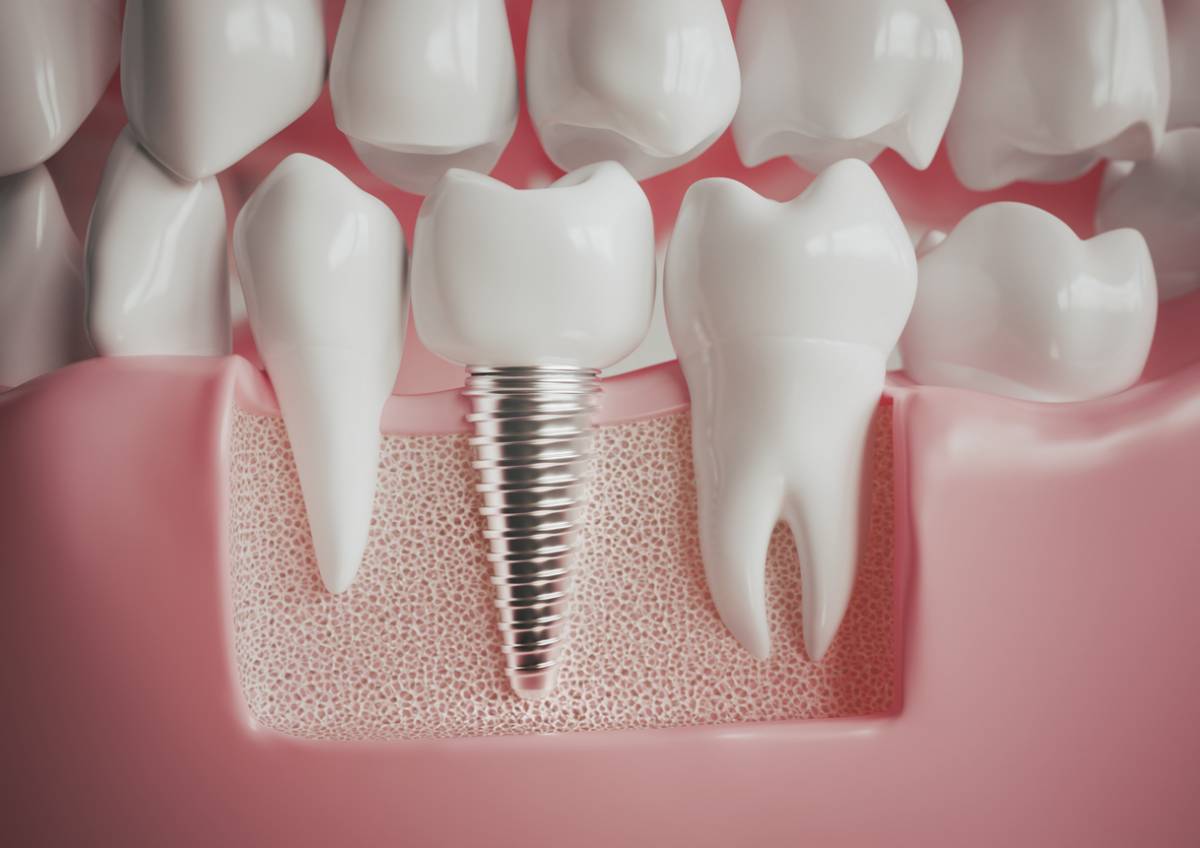Does Root Canal Treatment Hurt?
Root canal treatment is a standard procedure performed in cases of severe tooth decay. But does root canal treatment hurt? Please read our article to learn more about the procedure, its benefits, and recovery tips.
Does Root Canal Treatment Hurt?
Modern anesthetics allow dentists to perform even the most invasive treatments with little to no discomfort for the patient. Root canal treatment is not an exception, and most patients report not feeling any pain during the procedure. In some cases, patients might feel discomfort or slight pain during the root canal treatment. However, your dentist might be able to adjust the strength of the anesthetic during the procedure if you are in pain.
Once the anesthetic wears out after the procedure, you will most likely feel soreness and tenderness at the treatment site for a couple of days. But keep in mind that the tooth decay pain you most likely experience before the procedure is much greater than that you might feel after the tooth is treated. The post-root canal treatment soreness typically can be remedied with over-the-counter painkillers, such as Ibuprofen.
If you feel a lot of anxiety because of the upcoming procedure and if your pain tolerance is very low, ask your dentist about sedation dentistry. It might be a good option for you, as the relaxant is administered before the procedure begins and allows the patient to go through the procedure without stress.
What Is Root Canal Treatment?
Root canal treatment is done in cases of severe tooth decay. It involves accessing the pulp chamber of the tooth and removing the infected pulp. After your dentist cleans the canals of the tooth from infection, they will be filled with a special biocompatible dental material and sealed. This prevents the reinfection of the tooth.
In some cases, if the infection severely weakens the tooth, a dental crown is placed on top of it after the root canal treatment is complete. The crown reinforces the tooth and protects it from future damage.
Benefits of Root Canal Treatment
To help cope with anxiety about root canal treatment, keep its benefits in mind:
- Root canal treatment helps eliminate the source of the infection in the mouth, preventing the surrounding teeth from also getting infected and decaying. Thus, it improves your oral health.
- Root canal treatment helps save the infected tooth from extraction and avoid more complicated and expensive treatments, such as dental implants, in the future.
- By eliminating the harmful bacterial growth in the mouth, root canal treatment helps prevent gum disease—chronic infection of the gum tissue. Gum disease is a dangerous condition because it weakens the support for the teeth and can penetrate and destroy the jawbone, leading to tooth loss.
- Root canal treatment improves your general health. Bacteria and infection in the mouth can negatively affect the well-being of other organs in the body, for example, the gastrointestinal system. The health of the gut is closely linked to the appearance of the skin and the mood and energy levels. Also, gum disease is associated with heart, lung, joint, and blood sugar issues. Thus, by treating tooth decay with a root canal procedure, you can boost your quality of life.
Recovery Tips After Root Canal Treatment
To make sure that your recovery is fast and smooth, follow several tips we list below:
- Avoid eating for several hours after the procedure, especially while the anesthetic is still working.
- Chew your food on the other side of the mouth for a couple of days after the procedure to avoid damaging the newly restored tooth and let it fully heal.
- Adhere to a soft diet that does not require a lot of chewing or biting for several days after the procedure. The options of such a diet might include yogurts, cottage cheese, smoothies, pate, soft pasta, etc.
- Use cold compresses if you experience swelling. Apply the compress for 15 minutes at a time to the outer side of your chick and take 30-minute breaks between the applications.
- Keep your head alleviated during the night to reduce the swelling.
- Take over-the-counter painkillers if you feel soreness or pain. However, remember to never exceed the recommended dose.
- Maintain thorough oral hygiene by brushing your teeth twice a day and flossing every night. Also, rinse your mouth with warm salt water after every meal.
- Avoid sports and other strenuous activities for at least a week after the procedure.
Make an Appointment Today
If you have signs of severe tooth decay and experience pain, do not hesitate to make an appointment at Smiles of Arcadia today. A root canal in Arcadia is an effective way to eliminate the infection in the mouth, save your tooth from extraction, and boost your oral and general health. Our specialists will ensure that the procedure is stress-free. We are looking forward to your visit.

